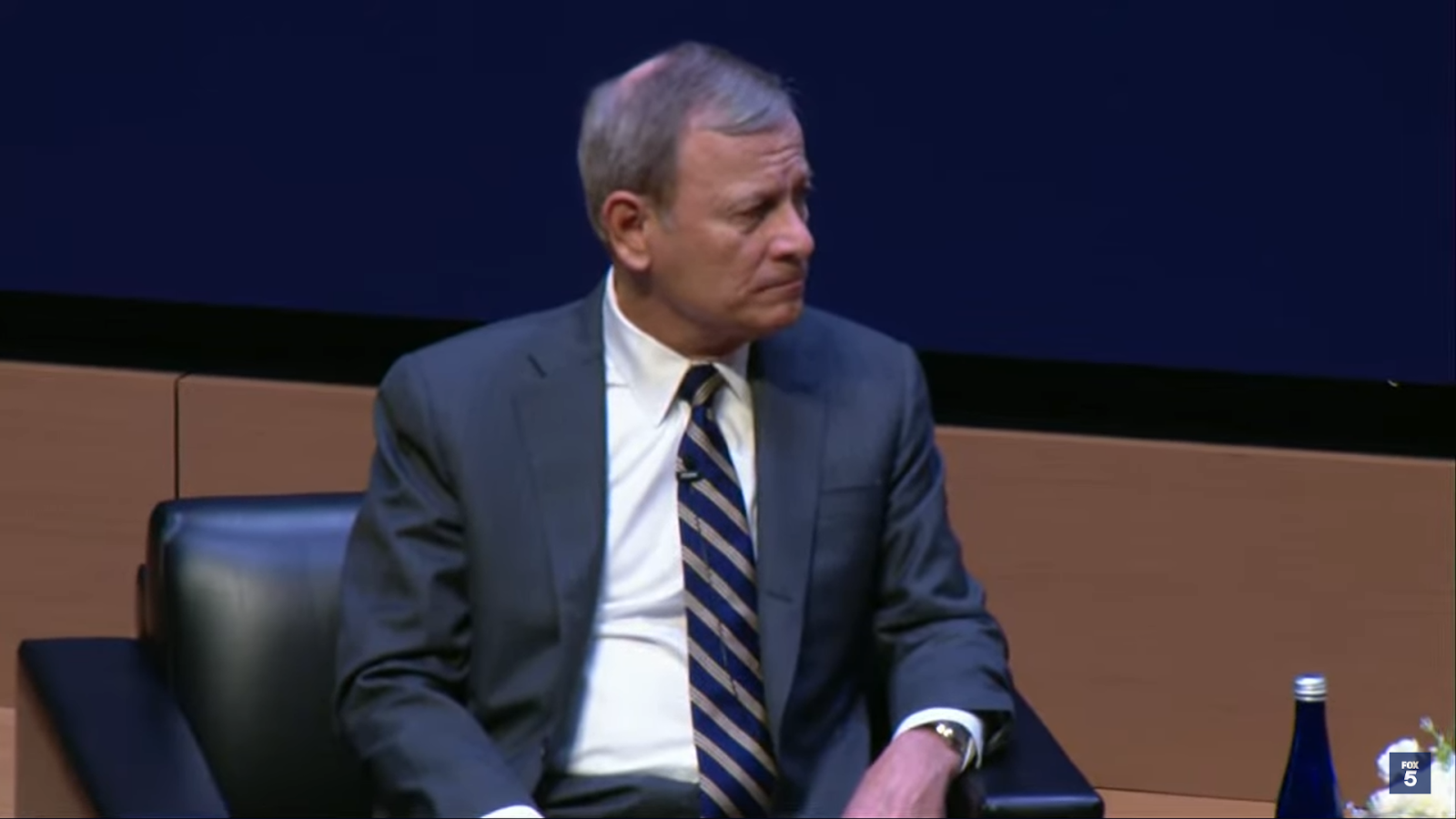Chief Justice John Roberts has been criticized for altering his judicial approach to maintain the perceived legitimacy of the Supreme Court. This shift has reportedly made him a target for leftist media, which seeks to influence his decisions. An article from NBC News highlighted remarks from anonymous lower court judges who expressed frustration over the Supreme Court's reluctance to support their challenges against the Trump administration.
Explainer Trump Administration's Crime Initiative Faces Media Scrutiny
According to NBC reporter Lawrence Hurley, some judges believe that Roberts should take a stronger stance against President Trump's criticisms of the judiciary. The judges claimed that the Supreme Court is enabling the Trump administration's actions, effectively leaving lower court judges unsupported.
Roberts has previously voiced his dissatisfaction with Trump, notably pushing back against the president's call to impeach an Obama-appointed judge. He has also condemned Senate Minority Leader Chuck Schumer for threatening justices over their decisions. Despite some judges hesitating to criticize Roberts directly, the underlying message of the NBC article appears to be an attempt to pressure him into aligning with their views.
Historically, Roberts has been known to consider public perception in his rulings. During the 2012 Supreme Court case regarding the Affordable Care Act, he reportedly changed his stance from deeming the law unconstitutional to upholding it, partly due to concerns about public backlash. This decision has been interpreted as a response to political pressure rather than a strict adherence to constitutional principles.
Critics argue that Roberts' actions signal to left-wing activists that they can influence judicial outcomes through public campaigns. This perception may embolden further attempts to sway the Court's decisions based on political motivations rather than legal reasoning.
As long as Roberts continues to navigate the judiciary with an eye on public opinion, the potential for leftist media and activists to exploit this dynamic remains significant. The ongoing tension between the Supreme Court and lower courts, particularly in the context of politically charged cases, underscores the challenges facing the judiciary in maintaining its independence and authority.
Shawn Fleetwood is a staff writer for The Federalist and a graduate of the University of Mary Washington. He has previously contributed to various outlets, including RealClearPolitics and Conservative Review. Follow him on Twitter @ShawnFleetwood.
Why it matters
- Chief Justice Roberts faces criticism for altering his judicial approach to maintain Supreme Court legitimacy amid political pressures.
- Lower court judges express frustration over the Supreme Court's inaction against the Trump administration, feeling unsupported in their challenges.
- Roberts' past decisions suggest he may prioritize public perception over strict constitutional adherence, raising concerns about judicial independence.
- The ongoing tension between the Supreme Court and lower courts highlights challenges in maintaining judicial authority in politically charged cases.
What’s next
- Judges may continue to voice their concerns publicly, potentially increasing pressure on Roberts to align with their views.
- Watch for upcoming Supreme Court cases that could further test Roberts' judicial philosophy and response to political pressures.

